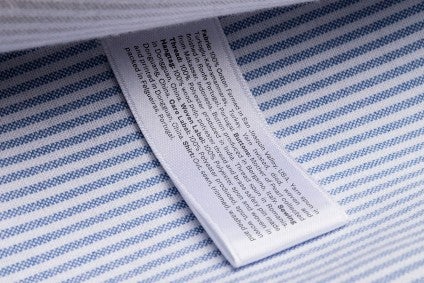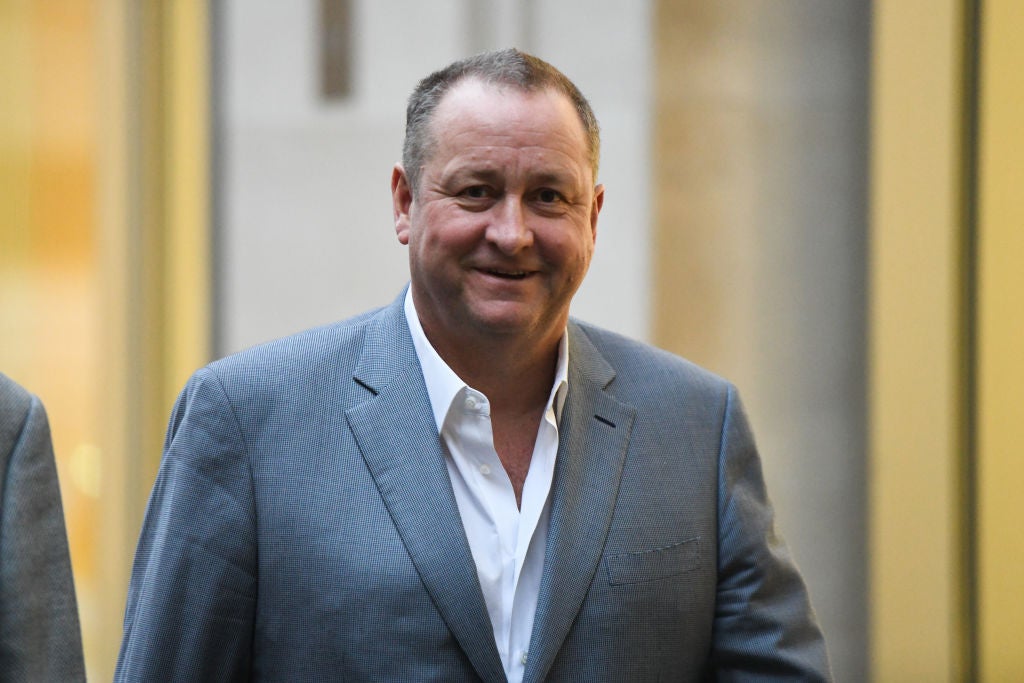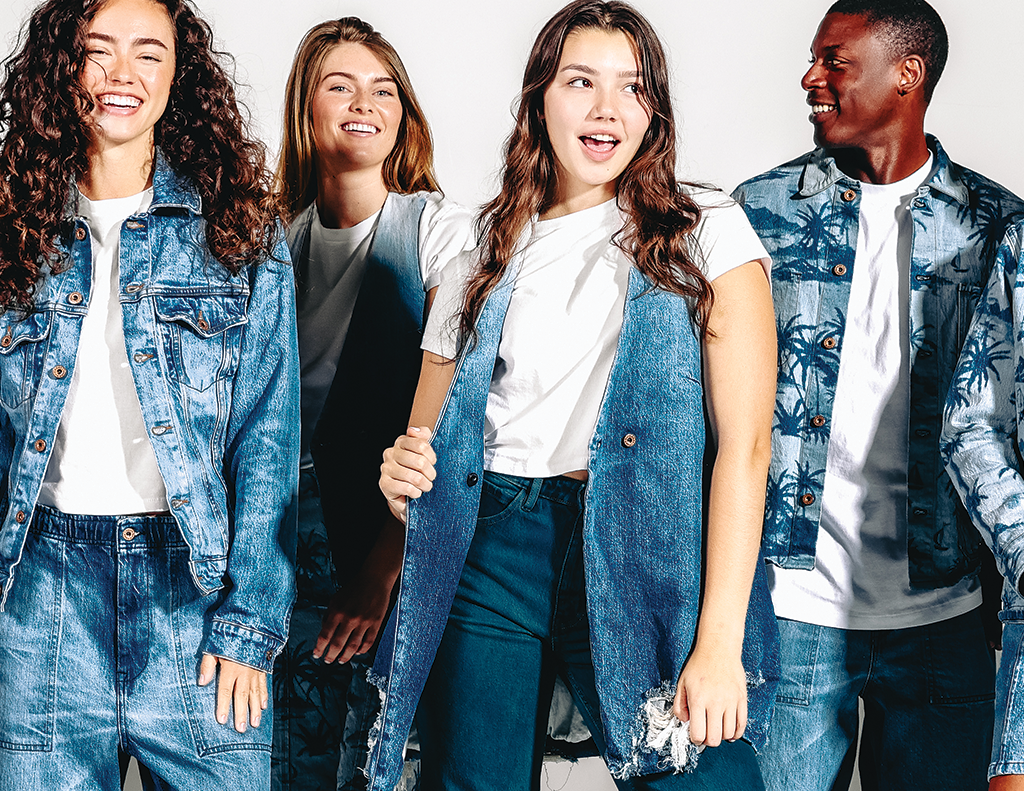
Swedish online menswear brand Asket has successfully traced 68% of its supply chain, from cotton farms to final garments, just five months after making a transparency commitment.
In April, the company said it would disclose each step of its garments’ journey from cotton seed to final product – and put the information into every single item of clothing. In order to do so, Asket says it has been travelling from cotton farms in Egypt to denim mills in Japan to ensure every garment made since May includes the new label.
Five months after the announcement to trace its entire collection back to the origin of the raw materials, Asket says it is more than halfway there.
Asket’s new standard, which has seen it replace its ‘Made In’ label with a ‘Full Traceability’ one, requires the brand to break down every garment make into its raw material, trace every component back to its origin and put all that information – the entire supply chain – into every single garment.
“The apparel industry is in desperate need of change,” says co-founder August Bard Bringéus. “We don’t believe in communicating grand 2030 plans that will be long forgotten before they expire. We haven’t reached our goal yet, but want anyone to be able to follow our journey and hold us to our promise.”
Bringéus says the prevailing ‘Made In’ single-country-of-origin labelling standard is selling a conveniently simplified but utterly distorted truth, making it difficult for even the most conscious of consumers to make an informed choice.
How well do you really know your competitors?
Access the most comprehensive Company Profiles on the market, powered by GlobalData. Save hours of research. Gain competitive edge.

Thank you!
Your download email will arrive shortly
Not ready to buy yet? Download a free sample
We are confident about the unique quality of our Company Profiles. However, we want you to make the most beneficial decision for your business, so we offer a free sample that you can download by submitting the below form
By GlobalData“If we do not know where our goods actually come from and continue to fail to respect the resources that have gone into creating them, we’ll never change our buying behaviour – neither as brands nor as consumers. Only when we face the full story and the true cost of the products we put out there, can we start making better decisions,” she adds.
Asket introduced the ‘Full Traceability’ standard and the ambition to become 100% traceable by the end of the year, arguing that it wanted to help boost a positive circle of change – educating consumers, increasing their standards and in turn putting pressure on the industry to follow.
Since then the company’s traceability label has been introduced in every new garment made – if not fully traced, with the information at hand at the time of manufacturing.
To accelerate the tracing process, Asket says it is travelling the world to visit manufacturers, mills and farms, broadcasting the trips via Instagram to their 30,000 followers.
However, it says facing challenges with uncooperative suppliers and logistical barriers, the team has been forced to revise its goal, and it doesn’t expect the whole collection to achieve 100% traceability until next year.
“While uncooperative suppliers will be weeded out, logistical challenges are of a different nature,” the company says. “Raw materials such as cotton and wool are purchased in bulk at auctions and origins become mixed upon spinning, erasing the trail of the material. To bridge the gap Asket is investing heavily to establish direct relationships with raw material suppliers.”
The company recently struck a deal with an Australian Merino wool farm and an Italian spinner to establish a fully traceable supply chain, from the sheep to the sweater. It required committing to much larger volumes than Asket would have otherwise, but the company says it “wants to show that it is possible and inspire more brands to follow”.







